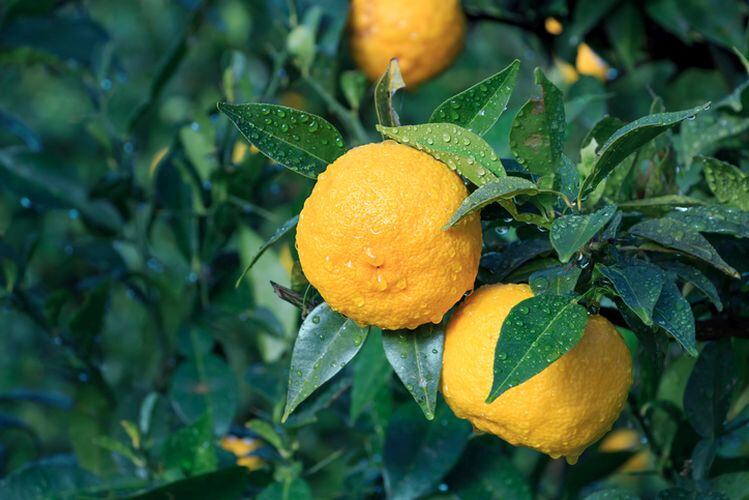"What we continuously see is that the majority of consumers read the nutrition facts panel, with calories and total sugar being read most often. This behavior has been fairly consistent if not more important now given the pandemic," Saisnith told FoodNavigator-USA.
According to Euromonitor's Voice of the Consumer: Health and Nutrition Survey, more than half (53%) of consumers surveyed cited “Eat less sugar” as their preferred method of weight loss in 2020, and when asked about reasons for avoiding sugar, 58% of respondents cited a general avoidance stating that it was simply, “better for me to avoid it,” followed by, “it makes me feel healthier,” noted by 57% of respondents.
With sugar intake being a top of mind health concern for many consumers, creating products with reduced a sugar profile has become "table stakes" for virtually all packaged food and beverage manufacturers, said Saisnith.
However, there's still a prevailing 'have your cake and eat it too' mindset among consumers who still want to satisfy their sweet tooth but not at the expense of their health goals, sparking a wave of innovation in the non-artificial sweeteners space, added Saisnith.
"Not only are consumers looking for healthier products, but consumers don’t want to give up their sweets. So really there’s a huge opportunity in the area of permissible indulgence... this is really where you see allulose come into play," she said.
What is allulose?
Allulose is a rare sugar found in nature in very small quantities in plant sources including figs, raisins, maple syrup, and wheat, but is produced on a commercial scale via a complex, multi-step process typically starting with corn starch. According to Tate & Lyle, it has a very similar taste and texture to sugar, but only a fraction of the calories (70% of the sweetness of sugar, 0.4 calories per gram).
Unlike regular sugar (sucrose), it has no impact on blood glucose or insulin levels, making it an ideal alternative for those with, or at risk of, type 2 diabetes. It is also virtually calorie free, with just 10% of the calories of sugar.
Allulose, 'the breakthrough ingredient'?
Allulose has exploded in popularity since the FDA's guidance last year excluding the sweetener from being listed from the amount of “Total Sugars” and “Added Sugars” declared on the nutritional facts label, prompting a wave of new product launches.
According to Mintel's Global New Products Database for 2016 - March 2021, there have been 129 new product launches using allulose (often in combination with other sweeteners) spanning multiple categories including dairy, sauces, confectionery, and tabletop sugars.
"Given the FDA announcement last year, you’re seeing tremendous growth with new products sweetened with allulose. We’re seeing 4x the growth in this latest year vs. the prior year," she said.
Saisnith added that allulose also delivers superior sensory advantages for the end consumer and functional properties for product developers, according to the company.
"The breakthrough ingredient is able to deliver sugar-like taste but also address formulators' challenges around bulking properties, freezing depression, and overall browning," she said.
"If you think about baked goods, ice cream, and confectionery, allulose is a phenomenal ingredient to use in those applications and really delivers on that sugar-like taste that consumers want (especially when used in combination with other sweeteners such as stevia)," she added.
"Oftentimes you’ll see allulose being used in combination with high-performing stevia sweeteners because the two together provides that sweet taste along with the bulking and the browning."
'The demand is far greater than what the market is able to support'
Currently, Tate & Lyle - which manufactures allulose at a plant in Tennessee - is working through some supply issues as demand continues to exceed supply, said Saisnith.
“There is strong demand in the market for allulose, and Tate & Lyle will continue to invest in support of significant growth as customers adopt allulose as an ingredient,” Saisnith added.




